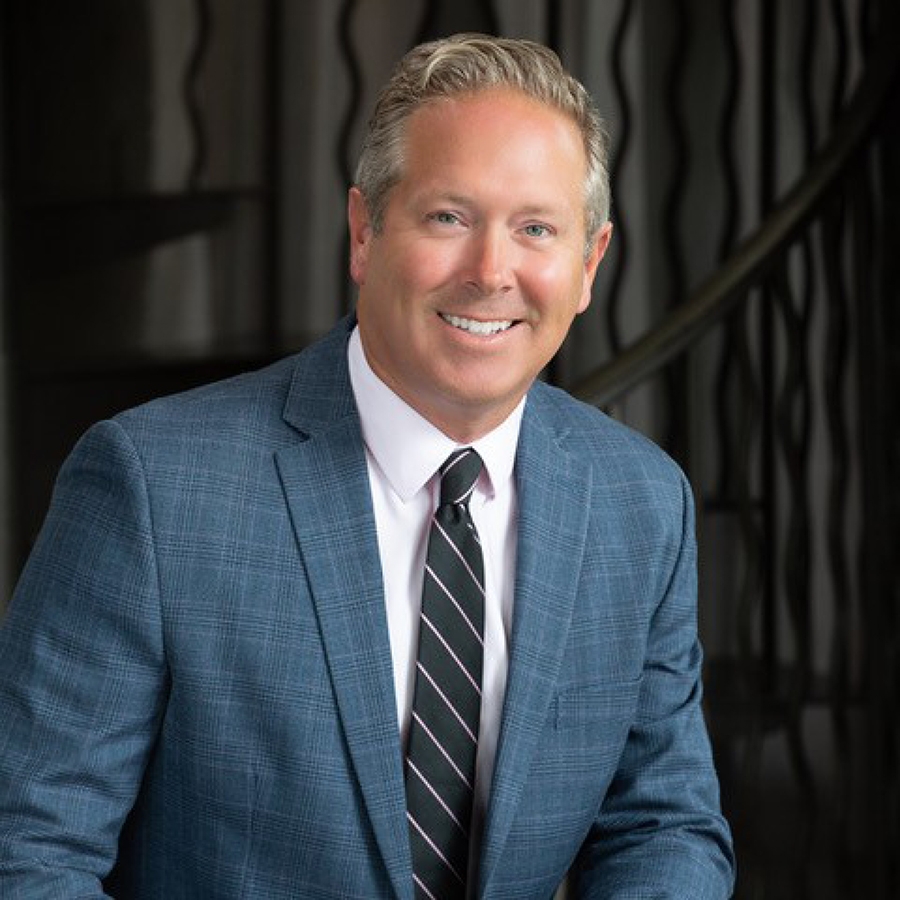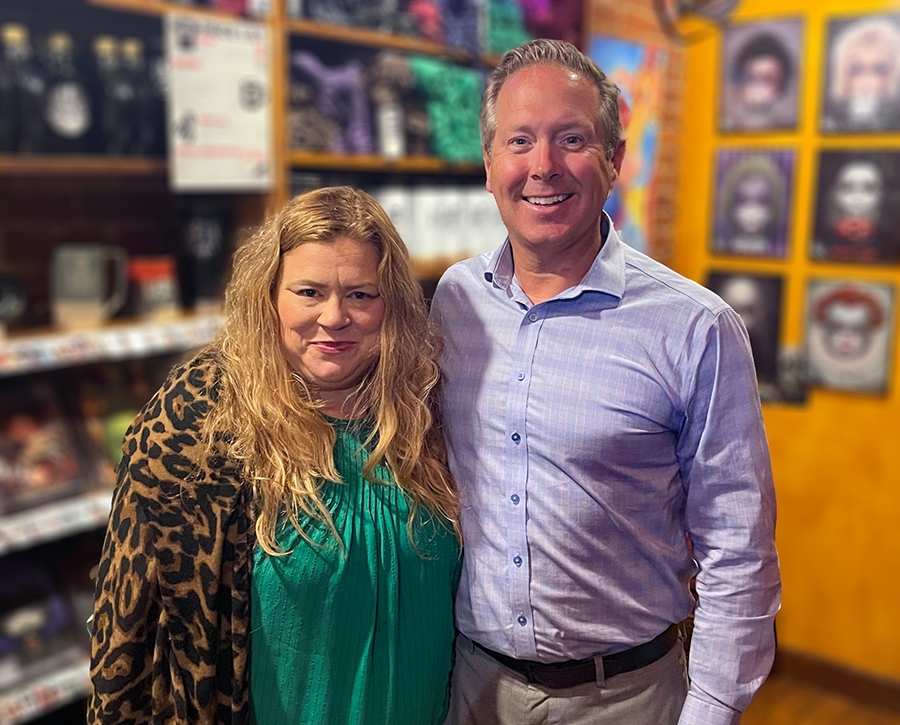Moving Forward with Positivity
Q & A with Michigan’s Mike Orris
Carrie Collins recently sat down with fellow Michigander and brain injury survivor, Mike Orris. In 2009 Mike survived a catastrophic car and bicycle collision that left him with a severe traumatic brain injury. Mike credits much of his recovery to his positive attitude and is now paying it forward, speaking about his journey and raising money for brain injury services.
“I feel that humor is a useful tool in recovery for both the caregiver and survivor, especially when you are battling hard times. I look back and laugh with people all the time about events that happened in the hospital and after my discharge…”
Moving Forward with Positivity
Q & A with Michigan’s Mike Orris
Carrie Collins recently sat down with fellow Michigander and brain injury survivor, Mike Orris. In 2009 Mike survived a catastrophic car and bicycle collision that left him with a severe traumatic brain injury. Mike credits much of his recovery to his positive attitude and is now paying it forward, speaking about his journey and raising money for brain injury services.
“I feel that humor is a useful tool in recovery for both the caregiver and survivor, especially when you are battling hard times. I look back and laugh with people all the time about events that happened in the hospital and after my discharge…”
Carrie: Tell us about growing up in Michigan and your life before the accident.
Mike: I had an idyllic Midwest upbringing where I was an active athlete in high school and college. By the time my accident occurred in 2009, I was living a great life and enjoying every day. My wife, Jen, is a teacher and we were raising 3 beautiful children. I stayed busy with my family and my full-time sales job, plus two side businesses. We had an active social life and lived in a neighborhood so friendly, it was like a modern-day Mayberry!
Carrie: How did your injury occur?
Mike: Some friends and I were training for an Ironman Triathlon competition. I was riding my bike when I was struck from behind by a van going about 55 miles per hour. As you can imagine, it caused a tremendous about of damage to my body. However, most concerning was the severe traumatic brain Injury I sustained.
Carrie: How did the accident impact your family?
Mike: My wife and kids, who were 6,4, and 2 years old, drove by the scene of the accident before the ambulance or police arrived and saw me laying in the road. I had been riding my bike to meet them about 50 miles from our house where we were all going to have dinner with friends. As with many things there are silver linings. I had amazing support from my family and friends to help my wife and kids though the hardest of times. I am a very fortunate man!
Carrie: Navigating life after injury can be like waking up in another country. What surprised you most about yourself during recovery?
Mike: When I awoke from my coma, I didn’t know my name, how to read, write, if I was married, or if I had kids. Every day was a hard-fought battle to relearn and remember all the things I had to master to get back to the person I was before the accident. I worked tirelessly to accomplish that.
Carrie: You work hard to help others find positivity in their situation. How does that extend to humor?
Mike: I feel that humor is a useful tool in recovery for both the caregiver and survivor, especially when you are battling hard times. I look back and laugh with people all the time about events that happened in the hospital and after my discharge, from conversations with Jen to things I said and did. For instance, I thought hospital staff was trying to get me to fly “Missions in Helicopters” at night when I heard the medivac helicopter land and take off from the helipad at the hospital. Initially when I woke up, I introduced my wife to people as Payton Manning.
Carrie: What advice do you have for employers helping someone with a brain injury go back to work?
Mike: I was fortunate enough to return to work after my TBI. I am in sales, so I had a driver drive me around to meet with my customers. Post-injury, I did not have the stamina I once did, but getting back to work to support my family was key.
I would advise patience. Things can get overwhelming for people with a brain injury, so employers need to give them the time they need to assess and work their way through various obstacles. It won’t be as fluid of a process as it once was, but it will improve. Celebrate their progress and embrace their recovery. Remember, everything is more difficult for them, and they are working their tail off to make it right.
Carrie: It can be difficult to relive a traumatic experience. How did you get past that trauma to share your story?
Mike: It started when I was asked to be on a podcast. I was very nervous, but when I looked at the average viewership of the podcast it was less than 50 people an episode. I figured, Whelp, if I mess this thing up completely, almost nobody will see it. Little did I know 1,250 people would download it in the first couple of days!
An old friend from high school tracked me down through Facebook and told me that her daughter had been dealing will an illness and my podcast gave her a new attitude and ability to cope with it. She asked if I had ever thought about public speaking to motivate people. I used to be ABSOLUTELY TERRIFIED of public speaking. However, her words hit home, and I took a Dale Carnegie course on public speaking. Now I think it’s wonderful that I can inspire people to get through tough times.
For more information about the 2023 Brain Health Leadership Breakfast: Back to Business
ABOUT BRAIN INJURY ASSOCIATION OF ARIZONA
The Brain Injury Association of Arizona (BIAAZ) is the only statewide nonprofit organization dedicated to improving the lives of adults and children with all types of brain injuries through prevention, advocacy, awareness and education. BIAAZ also houses the Arizona Brain Health Resource Center, a collection of educational information and neuro-specific resources for brain injury survivors, caregivers, family members and professionals.
What began in 1983 as a grassroots effort has grown into a strong statewide presence, providing valuable life-long resources and community support for individuals with all types of brain trauma at no charge.







